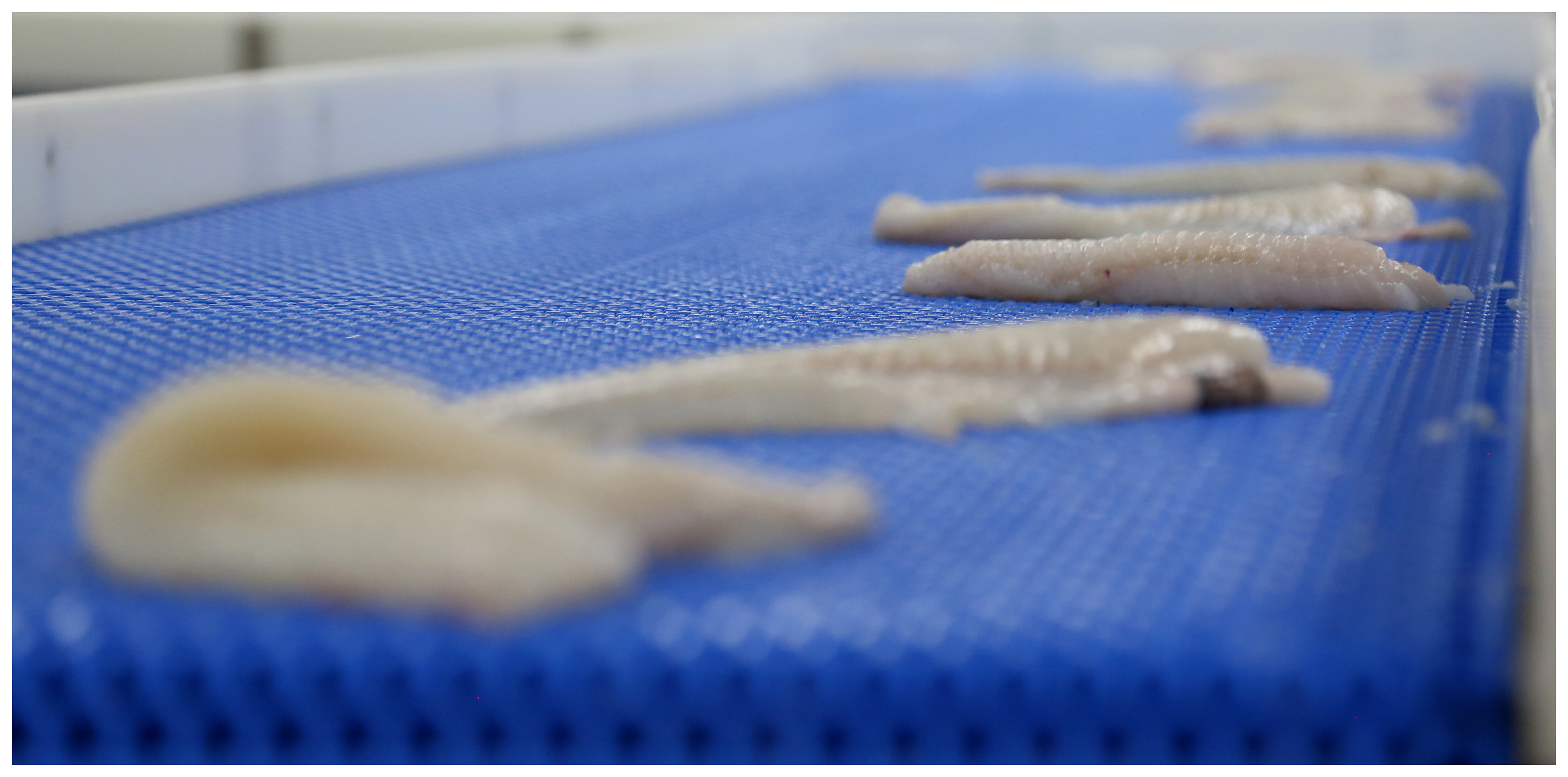
This year, the Department of Fisheries and Oceans (DFO) issued a presentation deck in lieu of a technical briefing on the latest science assessment for the 3Ps cod stock, located off the south coast of Newfoundland.
This is an important fishery for members of the Atlantic Groundfish Council and to rural economies. Although the offshore sector’s share of the total allowable catch is only 12%, that share directly secures hundreds of local jobs, indirectly benefits hundreds more and ensures year-round cod supply to vital European markets.
“Our approach to stock assessments include realistic expectations, practical recommendations and an unwavering commitment to sustainability. We know that stock growth takes time, so we don’t expect profound changes in a single year. This is especially true in 2020 with the unfortunate but understandable cancellation of DFO Science surveys due to the COVID-19 pandemic,” explained Kris Vascotto, Executive Director of the Atlantic Groundfish Council. “That said, there were positive signals which we were quite happy to see. There were also some troubling inconsistencies with last year’s assessment.”
The positive signals included a higher Spawning Stock Biomass (i.e., the amount of fish at a reproductive age) and encouraging recruitment signals (i.e., younger fish). Although the stock continues to be in the Critical Zone, the 2020 assessment confirmed that fishing is a minor component of the overall mortality of the stock and fishing mortality was at its lowest point in decades. Following years of the Atlantic Groundfish Council advocating for a conservative approach on catches to encourage the stock to grow, this assessment signals that efforts of the AGC are beginning to show positive results.
“The key takeaway for Icewater Seafoods, and what I share with our 215 employees who rely on cod for their livelihoods, is this demonstrates that we are approaching this stock in a responsible and sustainable manner,” explained Alberto Wareham, President & CEO. “Even with our plant operating at less than half capacity, we have consistently championed catch reductions based on DFOs science. We remain committed to keeping the health of the stock at the forefront and are optimistic that we will see more substantive growth in a few years.”
The quotas for the upcoming year (April 2021-March 2022) will be set following negotiations with France in March (Canada holds 84.4% of the TAC and France holds 15.6% of the stock in respect of St. Pierre et Miquelon) with the Canadian position informed by the Groundfish Advisory Committee meeting held with local industry stakeholders in the new year.
Despite the optimism, concerns expressed by the Atlantic Groundfish Council following the 2019 assessment, that issues with the assessment model were creating an overly pessimistic view of the stock last year, continue today.
“While we understand that 3Ps has historically been a challenging stock to assess, the observed year-over-year change in perception of key stock indicators informed by minimal new data inputs is cause for continued unease with the ability of the assessment model to provide reliable advice,” stated Vascotto.
The Atlantic Groundfish Council believes robust science and sustainable management of fisheries is paramount for the health of the fish and the people whose livelihoods depend on it.
“There are many families and communities depending on a sustainable fishery, including those of the offshore harvesters on our vessels,” added Blaine Sullivan, President of Ocean Choice, whose family has been harvesting cod for generations. “While this stock is primarily fished by inshore harvesters, offshore harvesters are participants in this fishery and have a responsibility to do our part to rebuild the stock. It’s a responsibility we take seriously, and we will continue to advocate for restraint on future catches.”
While waiting for nature to cooperate, the AGC and its partner, the Sustainable Fisheries Partnership, continue their action plan supporting the Fishery Improvement Project launched in 2017. Focusing on gaps in 3Ps science and management, this project seeks to prepare the stock for eventual Marine Stewardship Council (MSC) certification once the stock returns to historic norms of productivity.
-30-
Media Contact: Sarah Fleming, [email protected], 709.725.5830
About the Atlantic Groundfish Council
The Atlantic Groundfish Council is a non-profit industry association representing year-round groundfish harvesters in Atlantic Canada. Its members employ thousands of people, in mostly year-round jobs, in rural communities throughout Atlantic Canada. The Council contributes to research that will improve the sustainability and management of groundfish fisheries by actively supporting science, sustainability certifications and responsible management.